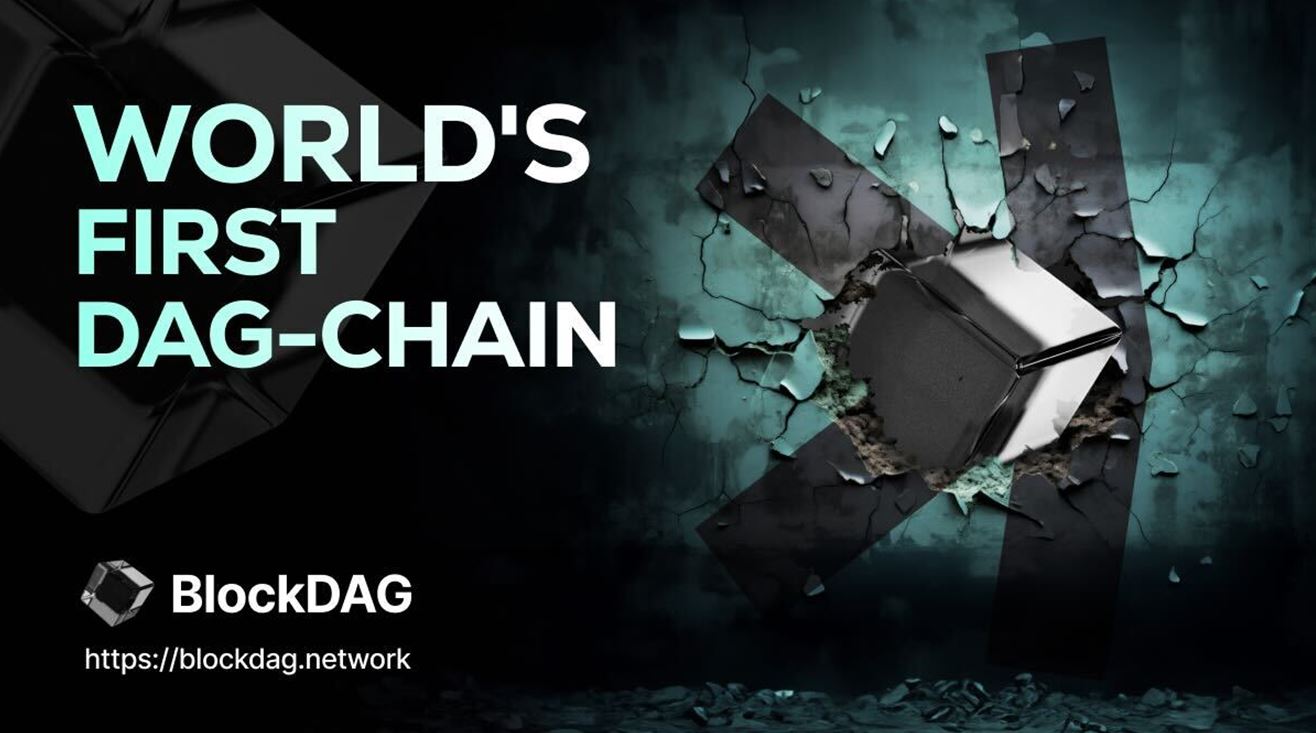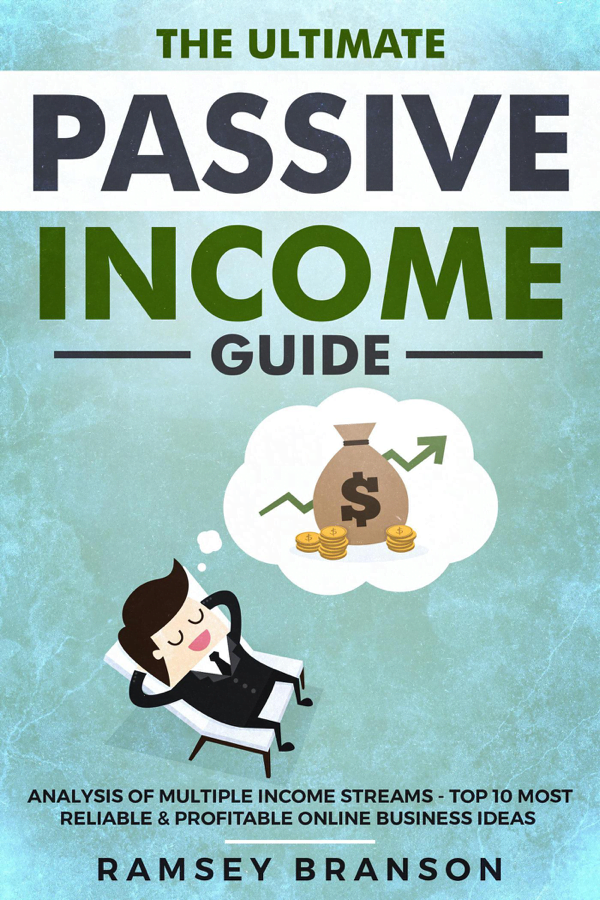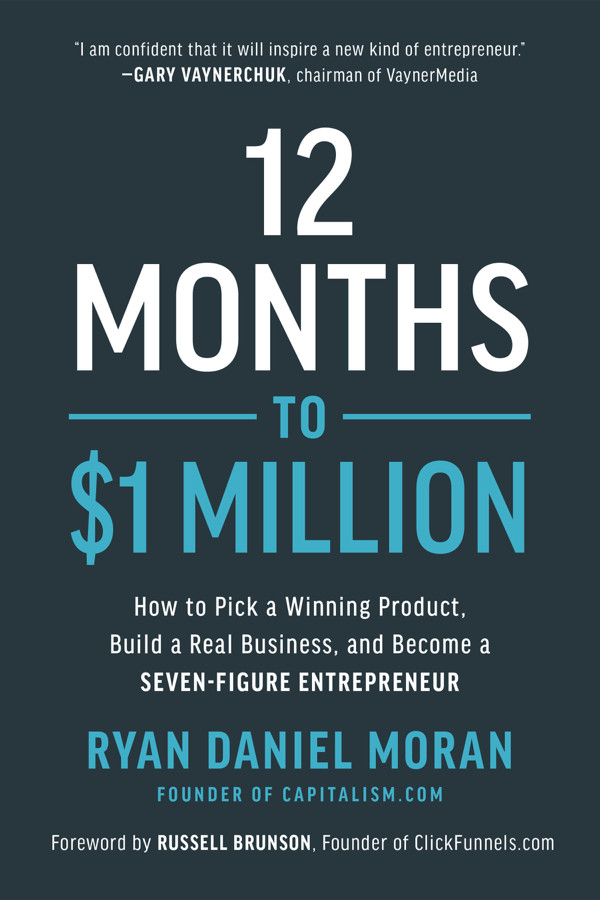
Welcome back to The What If Series at JGH Marketing, where we explore intriguing scenarios that could reshape the marketing landscape. Today, we’re tackling a thought-provoking question: What if social media platforms disappeared overnight? Let’s delve into how this dramatic shift would impact businesses, marketers, and consumers.
The Immediate Impact
The sudden disappearance of social media platforms would send shockwaves through the marketing world. Here are some immediate effects we could expect:
- Communication Breakdown: Social media has become a primary channel for communication. Businesses would lose a direct line to their customers, affecting customer service, engagement, and real-time interaction.
- Loss of Advertising Channels: Social media platforms are a significant advertising medium. Companies would lose access to targeted ads, which have been crucial for reaching specific demographics effectively.
- Disrupted Content Distribution: Social media is a key distribution channel for content. Brands rely on these platforms to share blog posts, videos, and other content with a broad audience.
- Influencer Marketing Halt: The influencer marketing industry, which thrives on social media, would face an existential crisis. Influencers would lose their platforms, and brands would lose their influential partners.
Adapting to a New Reality
While the disappearance of social media would be disruptive, businesses and marketers would need to adapt quickly. Here’s how:
- Revitalizing Owned Media: With social media gone, businesses would need to focus on owned media channels such as their websites, blogs, and email newsletters. These channels would become primary communication and engagement platforms.
- Emphasizing SEO: Search engine optimization (SEO) would gain even greater importance. Without social media, organic search would become a key driver of website traffic. Investing in SEO to ensure content ranks high on search engines would be crucial.
- Enhancing Email Marketing: Email marketing would become a cornerstone of digital strategy. Building and nurturing email lists would be vital for maintaining direct communication with customers.
- Exploring Alternative Platforms: Marketers would need to explore other digital platforms and communities where their audience congregates. This could include niche forums, community websites, and messaging apps.
- Strengthening Public Relations: Public relations efforts would need to be intensified to maintain brand visibility. Traditional media, press releases, and media partnerships would play a more significant role.
The Rise of Traditional Marketing Channels
The disappearance of social media could lead to a resurgence of traditional marketing channels:
- Print Media: Magazines, newspapers, and direct mail campaigns could see renewed interest as businesses seek alternative ways to reach their audience.
- Broadcast Media: Television and radio advertising might experience a revival as brands look for mass reach without social media.
- Out-of-Home Advertising: Billboards, transit ads, and other out-of-home advertising formats could become more attractive for brands aiming to capture attention in public spaces.
Opportunities for Innovation
The absence of social media would create a fertile ground for innovation:
- New Platforms: Entrepreneurs and tech companies would likely develop new platforms to fill the void left by social media. These could offer new ways to connect, share content, and engage audiences.
- Advanced Analytics: Without the rich data from social media, businesses would need more sophisticated analytics tools to understand customer behavior and preferences.
- Experiential Marketing: Brands might invest more in experiential marketing, creating memorable, real-world experiences that engage consumers directly.
The Consumer Perspective
From a consumer standpoint, the disappearance of social media would be both disruptive and refreshing:
- Reduced Screen Time: Without social media, consumers might spend less time on screens and more time engaging in offline activities.
- Privacy and Mental Health: Concerns about privacy and mental health related to social media use could diminish, leading to a healthier digital environment.
- Alternative Communities: Consumers would seek out alternative online communities and platforms to stay connected and informed.
The overnight disappearance of social media platforms would cause significant upheaval in personal lives, businesses, and society at large. While it would lead to immediate confusion and disruption, it could also pave the way for new forms of communication and a reevaluation of our relationship with technology and social interactions. The world would adapt, but the transition would likely be turbulent and transformative.
The Future Outlook
While the sudden disappearance of social media seems unlikely, considering such scenarios helps us appreciate the current digital ecosystem’s fragility and adaptability. Businesses must remain agile and prepared to pivot in response to significant changes.
At JGH Marketing, we believe in the power of diversification. Relying too heavily on any single platform or channel can be risky. By building a robust, multi-channel strategy, businesses can weather disruptions and continue to thrive in an ever-changing landscape.
Stay tuned to JGH Marketing for more insights and thought-provoking scenarios in The What If Series. Share your thoughts on the potential disappearance of social media and how you think businesses should adapt in the comments below. We’d love to hear from you!
Previous Post
The What If Series: What if AI Dominated Marketing?















